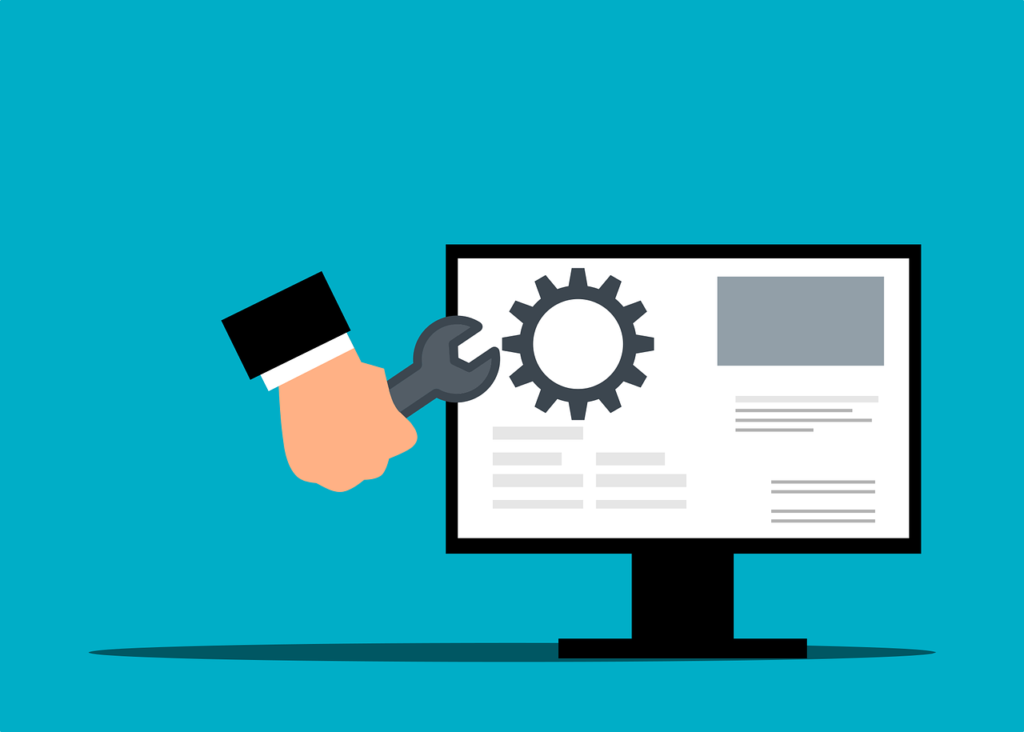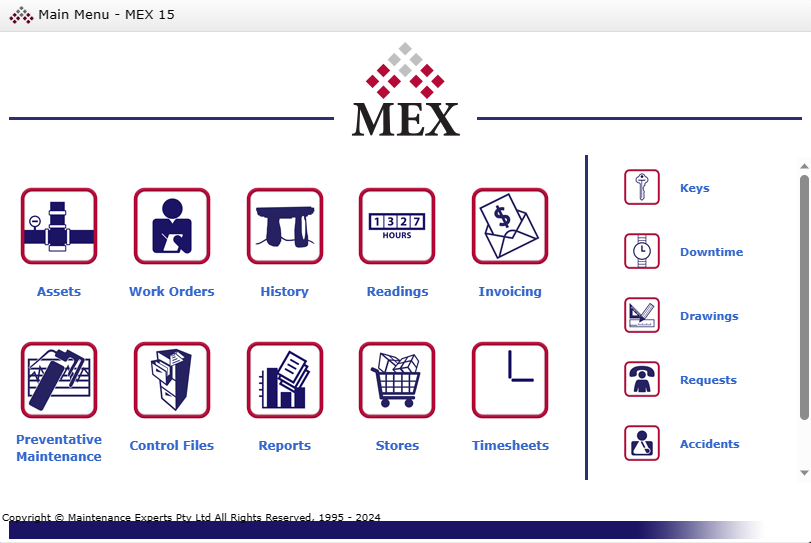Computerized Maintenance Management Systems (CMMS) offer several advantages to organizations that rely on equipment, machinery, and facilities to operate efficiently. Here are some of the key advantages of CMMS:
1. Improved Asset Management:
CMMS helps organizations track and manage their assets, including maintenance schedules, repair histories, and warranty information. This ensures that assets are well-maintained and have a longer lifespan
2. Enhanced Maintenance Planning:
CMMS software allows for the scheduling of preventive maintenance tasks based on equipment usage or time intervals. This proactive approach minimizes unexpected breakdowns and reduces downtime.
3. Reduced Downtime:
By implementing preventive maintenance schedules and promptly addressing issues through work order management, CMMS can significantly reduce unplanned downtime, which can lead to increased productivity and profitability.
4. Increased Equipment Reliability:
Regular maintenance and timely repairs improve the reliability of equipment and machinery, ensuring they operate at peak performance levels.
5. Cost Savings:
CMMS helps organizations optimize maintenance activities, reduce emergency repairs, and extend the lifespan of assets, leading to cost savings in the long run.
6. Efficient Work Order Management:
CMMS streamlines the process of creating, assigning, and tracking work orders, making it easier for maintenance teams to prioritize and complete tasks in a timely manner.
7. Inventory Control:
CMMS systems help organizations manage spare parts and inventory more effectively by tracking stock levels, reorder points, and usage patterns, reducing carrying costs and stockouts.
8. Compliance and Documentation:
CMMS can help organizations maintain compliance with regulatory requirements by documenting maintenance activities and generating reports for audits and inspections.
9. Data Analytics:
CMMS software collects data on asset performance, maintenance history, and costs, which can be analyzed to identify trends, optimize maintenance strategies, and make data-driven decisions.
10. Improved Communication:
CMMS systems facilitate communication and collaboration between maintenance teams, management, and other departments, ensuring everyone is informed about maintenance activities and their impact on operations.
11. Better Reporting and Analysis:
CMMS provides customizable reporting tools that allow organizations to generate detailed reports on maintenance activities, costs, and performance metrics, helping to identify areas for improvement.
12. Scalability:
CMMS can grow with an organization, accommodating additional assets and users as needed, making it suitable for both small businesses and large enterprises.
13. Remote Access and Mobile Functionality:
Many modern CMMS systems offer remote access and mobile apps, allowing maintenance teams to access information and perform tasks from anywhere, increasing efficiency and responsiveness.
14. Enhanced Safety:
By ensuring that equipment is properly maintained, CMMS contributes to a safer working environment, reducing the risk of accidents and injuries.
15. Sustainability:
CMMS can help organizations implement environmentally friendly maintenance practices by optimizing energy consumption and resource usage.
In summary, CMMS systems offer numerous advantages, including improved asset management, reduced downtime, cost savings, better communication, and enhanced data analysis capabilities, ultimately leading to more efficient and reliable operations for organizations of all sizes and industries.



